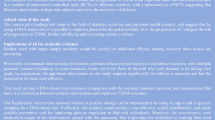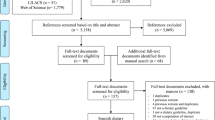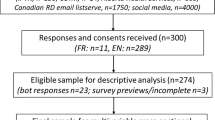Abstract
The last Heelsum workshop agreed that general practitioners should concentrate on dietary advice for treatment or secondary prevention, though nutritional advice for health is part of the doctor’s work with pregnancy, infants and the very old. Nutrition prescriptions contrast with drug prescriptions. For drugs information is authoritative, evidence-based and easily available. Drug prescriptions are potentially liable to litigation. Dietary prescriptions are less serious and more the patient’s responsibility. Nutrition information comes in a plethora of different forms, some of it unscientific, some out of date, some commercially biased. While waiting for some system (?authoritative, ?electronic) that can help general practitioners (GPs) organise nutrition information, there are three modern books that have been written by nutrition specialists for GPs in the English language (there may be others in North America) and another was written for practice nurses. As well as general books like this most large countries have expert reports on some nutritional topics by government committees available for reference. In relating foods and food components to disease, most of the reliable evidence is about their effect on risk factors — plasma cholesterol, blood glucose, blood pressure or body weight. A smaller amount of evidence relates food intake data from large cohort studies to incidence of disease. Very few randomised controlled trials (the ultimate evidence-based medicine) have been achieved for nutrition. Dietary recommendations may have to change with time because of new research — and drugs. Advice for secondary prevention of coronary heart disease is shown as an example of this.
This is a preview of subscription content, access via your institution
Access options
Subscribe to this journal
Receive 12 print issues and online access
$259.00 per year
only $21.58 per issue
Buy this article
- Purchase on Springer Link
- Instant access to full article PDF
Prices may be subject to local taxes which are calculated during checkout
Similar content being viewed by others
Author information
Authors and Affiliations
Rights and permissions
About this article
Cite this article
Truswell, A. What nutrition knowledge and skills do primary care physicians need to have, and how should this be communicated?. Eur J Clin Nutr 53 (Suppl 2), s67–s71 (1999). https://doi.org/10.1038/sj.ejcn.1600806
Published:
Issue Date:
DOI: https://doi.org/10.1038/sj.ejcn.1600806
Keywords
This article is cited by
-
Is voedingsvoorlichting door de huisarts zinvol?
Huisarts en Wetenschap (2001)



